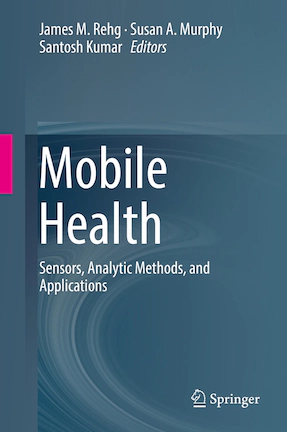
Abstract
Micro-randomized trials (MRTs) offer promise for informing the development of effective mobile just-in-time adaptive interventions (JITAIs) intended to support individuals’ health behavior change, but both their novelty and the novelty of JITAIs introduces new problems in implementation. An understanding of the practical challenges unique to rolling out MRTs and JITAIs is a prerequisite to valid empirical tests of such interventions. In this chapter, we relay lessons learned from the first MRT pilot study of HeartSteps, a JITAI intended to encourage sedentary adults to increase their physical activity by sending contextually-relevant, actionable activity suggestions and by supporting activity planning for the following day. This chapter outlines the lessons our study team learned from the HeartSteps pilot across four domains: (1) study recruitment and retention; (2) technical challenges in architecting a just-in-time adaptive intervention; (3) considerations of treatment delivery unique to JITAIs and MRTs; and (4) participant usage of and reflections on the HeartSteps study.